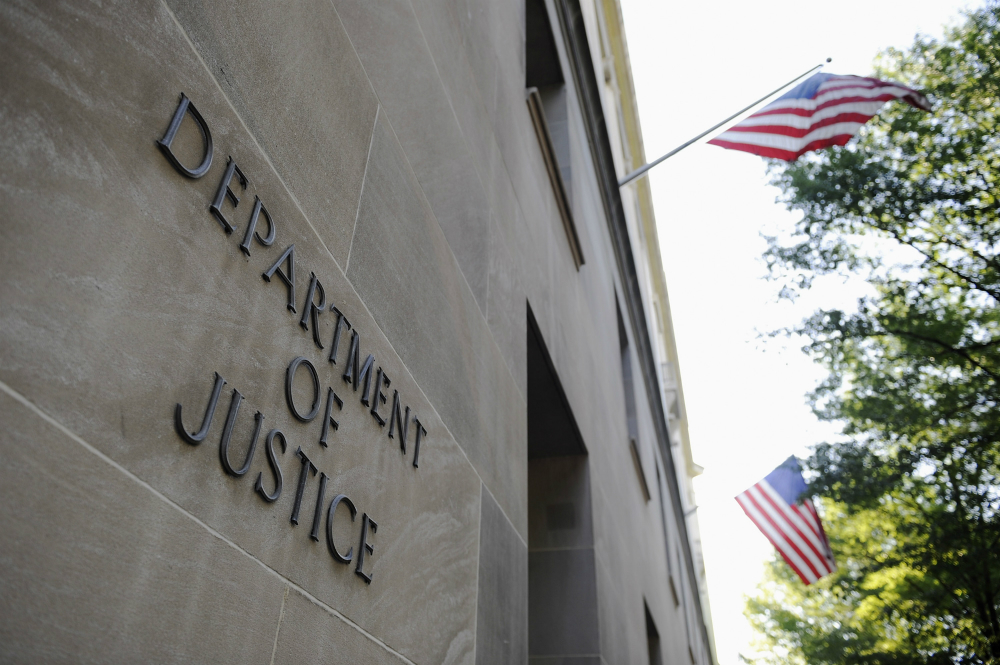
"China and Russia will use their accumulated experience in space science, research and development as well as the use of space equipment and space technology to jointly develop a road map for the construction of an international lunar scientific research station (ILRS)," the CNSA said.
Meanwhile, a statement from Russia's Roscosmos State Corporation for Space Activities (Roscosmos) said that the two agencies planned to "promote cooperation on the creation of an open-access ILRS for all interested countries and international partners, with the goal of strengthening research cooperation and promoting the exploration and use of outer space for peaceful purposes in the interests of all mankind."
In addition, the two countries have also signed agreements to jointly set up a data center for the exploration of the moon and deep space. They also plan to cooperate in the future on China's Chang'e-7 and Russia's Luna 27 missions, both of which aim to survey the lunar south pole.
Moonbase to allow for wide range of research
According to Roscosmos, the lunar space station will be "a complex of experimental and research facilities" created either on the moon's surface or in orbit around the moon. The facilities will be designed to allow for a wide range of multidisciplinary research. These include "testing technologies with the possibility of long-term unmanned operation with the prospect of human presence on the moon."
As part of their agreement, Roscosmos says that the two countries will work on a roadmap on how to design, develop and operate the station and plan its "presentation to the world space community."
Russia was a founding partner of the International Space Station (ISS), alongside the U.S. and other nations. The ISS, which marked its 20th anniversary of continuous operation in November of 2020, remains mankind's only operational and permanently inhabited space station to date.
While Russia was a pioneer in space exploration, beating the U.S. to several milestones back in the 1960s, the country has struggled to replicate its early success in recent years. Since the end of the Cold War, Russia's space program has experienced a string of setbacks and budget cuts. More recently, it suffered another blow after it lost its monopoly for manned space flights to the ISS following the first successful mission of U.S. company SpaceX.
Unlike Russia, China is not involved in ISS initiatives, owing in part due to U.S. federal legislation barring cooperation with Beijing on space projects. More importantly, the country entered the space race much later than the U.S. and Russia.
But China has been quickly playing catch up with its space program thanks to billions of dollars in government investment.
China quickly catching up to the US in space
In 2019, China became the first country to send an unmanned rover to the far side of the moon. Then in July of 2020, it launched its Tianwen-1 probe that's currently orbiting Mars. Meanwhile, in December, another Chinese probe successfully brought moonrock samples back to Earth in a mission that was the first of its type in over four decades. This made it only the third country to successfully do so.
Now, China is planning to send astronauts to the moon by the 2030s. Should this pan out, it would make China only the second country to do so after the U.S.
The deal with Russia then could be seen as a demonstration of China's confidence in achieving this goal. It could also be seen as a way to fast-track its lunar ambitions in the wake of the U.S.'s plans for its own moon base.
In September of 2020, the National Aeronautics and Space Administration (NASA) and the U.S. Space Force signed an agreement that committed both towards building an American military base on the moon. The base, dubbed Artemis, would be located near the lunar south pole – near where China and Russia are set to launch survey missions. (Related: NASA-Space Force agreement may pave the way for a military moon base.)
With the moves by all three parties, it seems that building a lunar base is the next big milestone in the ongoing space race.
Follow Space.news for more on future manned missions to the Moon.
Sources include:
Please contact us for more information.






















